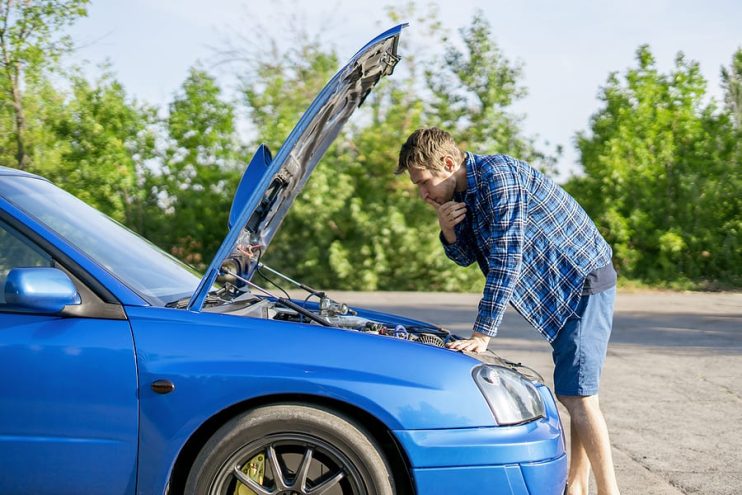
A judder is a jerking motion or shaking feeling you get behind the wheel. For example, you put your foot down and expect to move forward in a continual motion, but instead you jerk and stop. This can be a frightening experience, and your passengers won’t thank you for it either. Juddering can be caused by a number of issues and in several scenarios and should never be ignored; it’s often a sign other problems could develop in your vehicle if left unchecked. What are the various symptoms and how can you complete a little amateur diagnosis yourself?
Table of Contents:
Juddering: Situations, Effects and Remedial Actions
What are some of the most common situations when you might experience a judder, and more importantly, what are the likely causes and cures?
Accelerating
Situation
You put your foot down on the accelerator and your car starts juddering and shaking, which only stops when you release the pedal. This problem could well be accompanied by a slow response from the accelerator before the car suddenly lurches forward. Keep your nose pricked for a sulphur smell, and take note of the engine’s volume. Has it recently become noisier?
Possible Causes
When spark plugs approach the end of their lifespan, or become dirty, they will often fail to properly ignite the fuel in the piston chambers of the engine. This can cause a judder, as the engine stutters and takes time to generate the power needed for forward motion.
Alternatively, if your catalytic convertor is old and clogged up, it can prevent the clean flow of the air fuel mixture through the engine, as emissions build up. When this happens, your engine judders, as it literally gasps for air to power the combustion in the piston chambers.
Remedies
Spark plugs are fairly easy to check and change. They are a serviceable part, and even if you aren’t a mechanical whizz, you should be able to do a little DIY in the engine. Remember to also check the cables and supporting wiring for a build up of dirt or corrosion, as this could stop the required power getting to the plugs.
Catalytic convertors are not such a simple matter. There are cleaning products available on the market that can clear minor clogs, but this part will degrade as it gets older. If you are not a mechanical expert or suspect a major blockage, make your next stop a professional garage or service centre.

At idle
Situation
You’re sitting behind the wheel, and the car is idling – however the car’s engine is juddering more than normal, and you feel like it might stall.
Possible Causes
You may find the issue is a clogged air filter or fuel injection system, stopping the engine from getting the fuel and oxygen it needs to power combustion, causing a misfire. Over time, the injection valves can get clogged with minor impurities and debris from the fuel tank – impeding the flow of fuel.
Does your judder only happen under idling? You may be looking at a problem with the crankshaft sensor, or a leak in the vacuum side of the engine.
Remedies
If it’s not the spark plugs causing the juddering, then get to the mechanics and ask them to run a diagnostic to locate the problem, as this cause is likely to be found in non-serviceable parts.
Braking
Situation
If your car judders when you apply the brakes, it can be particularly disconcerting, as you this could cause increases in stopping distances – creating danger for both you and other road users. You’ll often hear a loud noise when you apply the brakes accompanying this problem. The dashboard brake warning light may also turn on.
Possible Causes
This issue will probably lie with your brake discs or pads, depending on the set up in your car. Wheel misalignments, worn pads and discs that have distorted under heating or have experienced uneven wear, can all create a juddering sensation under braking as the regular, smooth action of the braking system is disturbed.
Remedies
Don’t take chances when you suspect any problems with your brakes. Get to the mechanics and have them looked at immediately. Don’t put yourself, your passengers, or other drivers at risk.
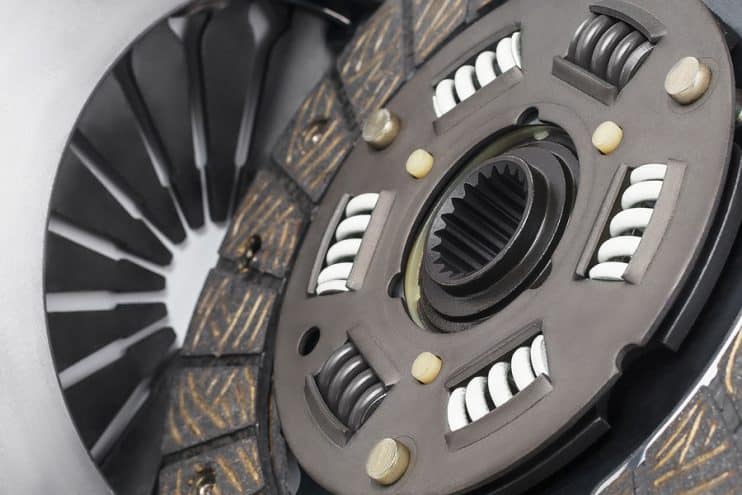
When Pulling Away
Situation
When you move from a stationary start in first gear, the car takes time to respond to the accelerator. You may also experience more frequent stalls when moving away, and the car might shake until it’s put into a higher gear.
Possible Causes
The most probable culprit in this situation is fatigued friction material or a pressure plate problem (or even both) in the clutch. Alternatively, it could be down to leaks in the system causing oil to get onto the surface of the clutch plate.
Remedies
Replacing or servicing your clutch is a specialised repair job, often requiring the removal of the gearbox to simply inspect the part and identify the problem to ascertain whether the cause is a mechanical or contamination issue.
Low Revs
Situation
After getting moving, your car shakes and judders at low revs, causing problems until you accelerate up to higher speeds and move into higher gears.
Possible Causes
There are a couple of likely culprits. Loose or fatigued engine mounts, which hold the engine to the chassis, can often cause the shakes, if your car is old or has seen a high mileage. Or if you park your car outside overnight or for long periods of time, then moisture droplets and condensation can get into the distributor cap, causing a misfire when accelerating under low revs.
Remedies
Avoid problems with your distributor cap by putting your car into a garage or at least get it a thermal cover to reduce the chances of condensation forming in the part. Structural problems with the mounts will need professional attention however – so again, get to that mechanic.
And Finally
As with many car repairs, some of these can be very costly, such as replacing the catalytic convertor or the clutch system, which may make economic repair unviable. In some instances you might find that your best option is to sell the car on to someone, notifying them of the issues, and let them take care of the fix, whilst you buy a better second hand car.

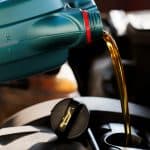
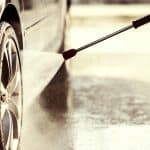
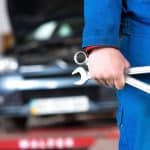


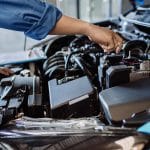

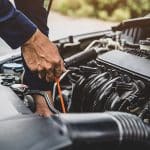
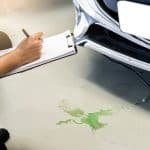
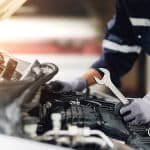
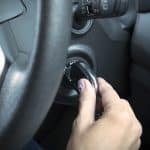
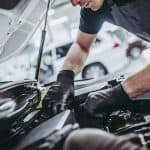
.png)